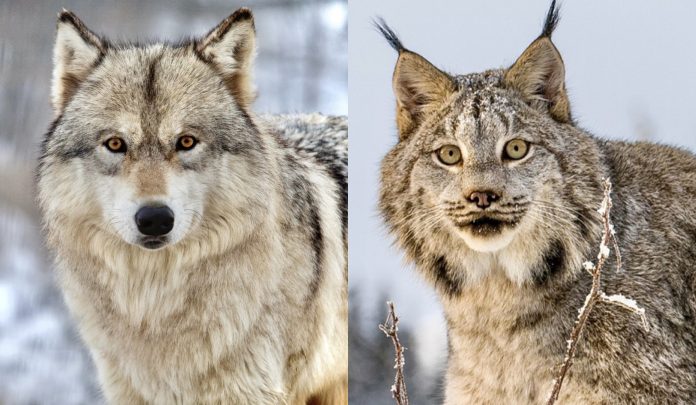
New Lawsuit Challenges Montana’s Horrific Wolf Trapping Program That May Also Harm Threatened Canadian Lynx
By WAN
Today’s notice was sent on behalf of the Center for Biological Diversity and Trap Free Montana.
You can help all animals and our planet by choosing compassion on your plate and in your glass. #GoVeg


